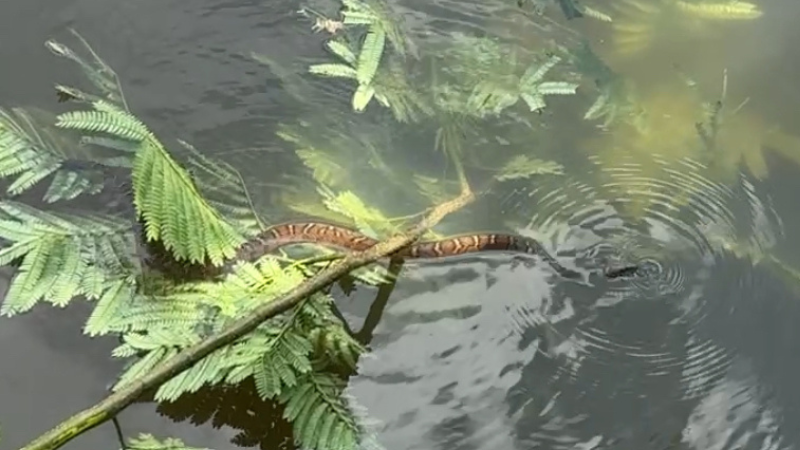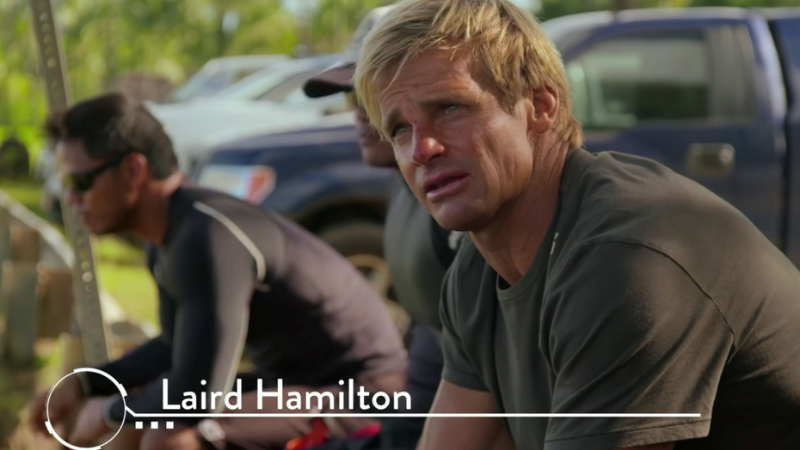De-pressure = Depression? Part 2: Riding the Froth
This is Part 2 of a series on De-pressure = depression. Here’s where we left off in Part 1 (which I recommend you read first if you haven’t already.) Survival Mode puts us in a state I call the “Froth”, which feels like the electrical charge I experienced in the story about the aspirational project […]










